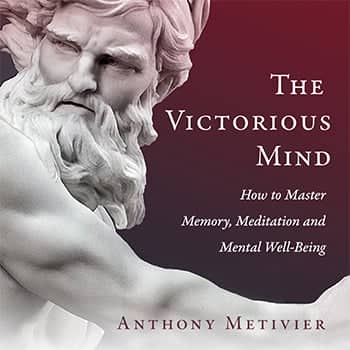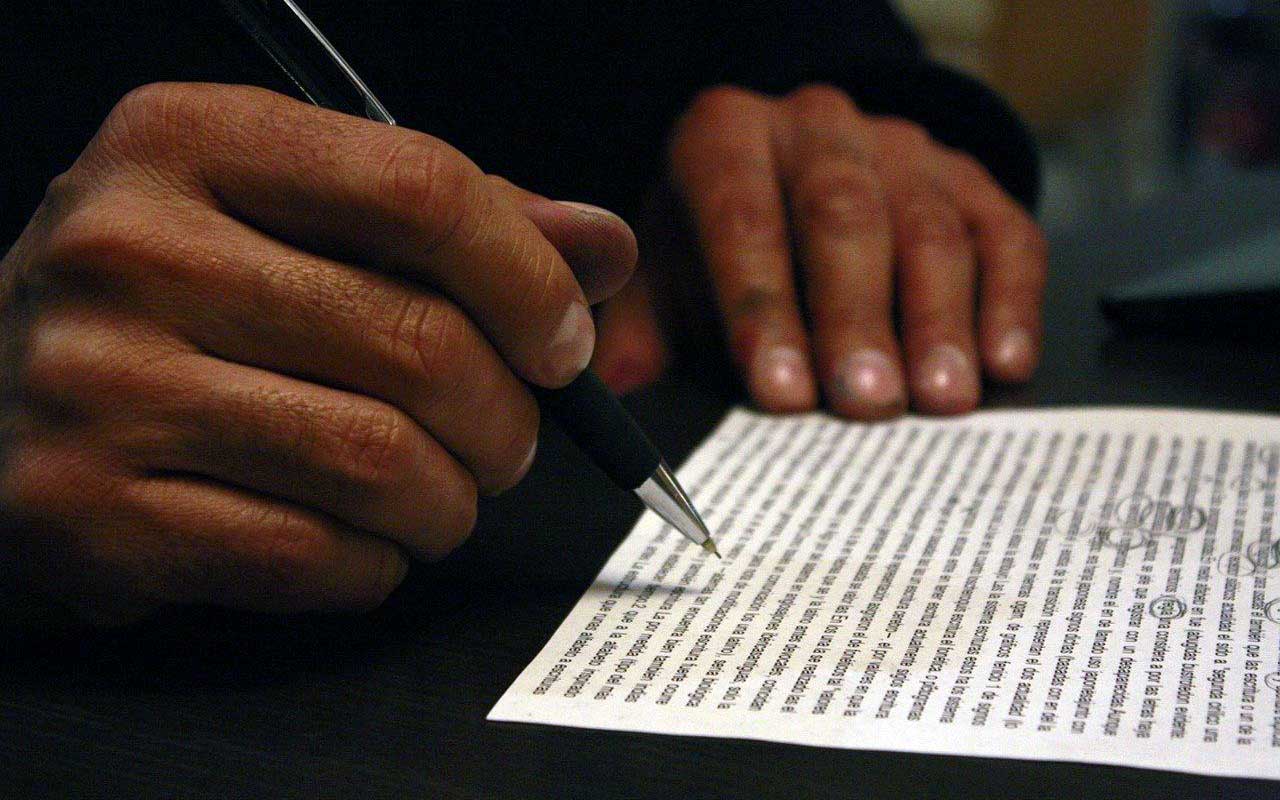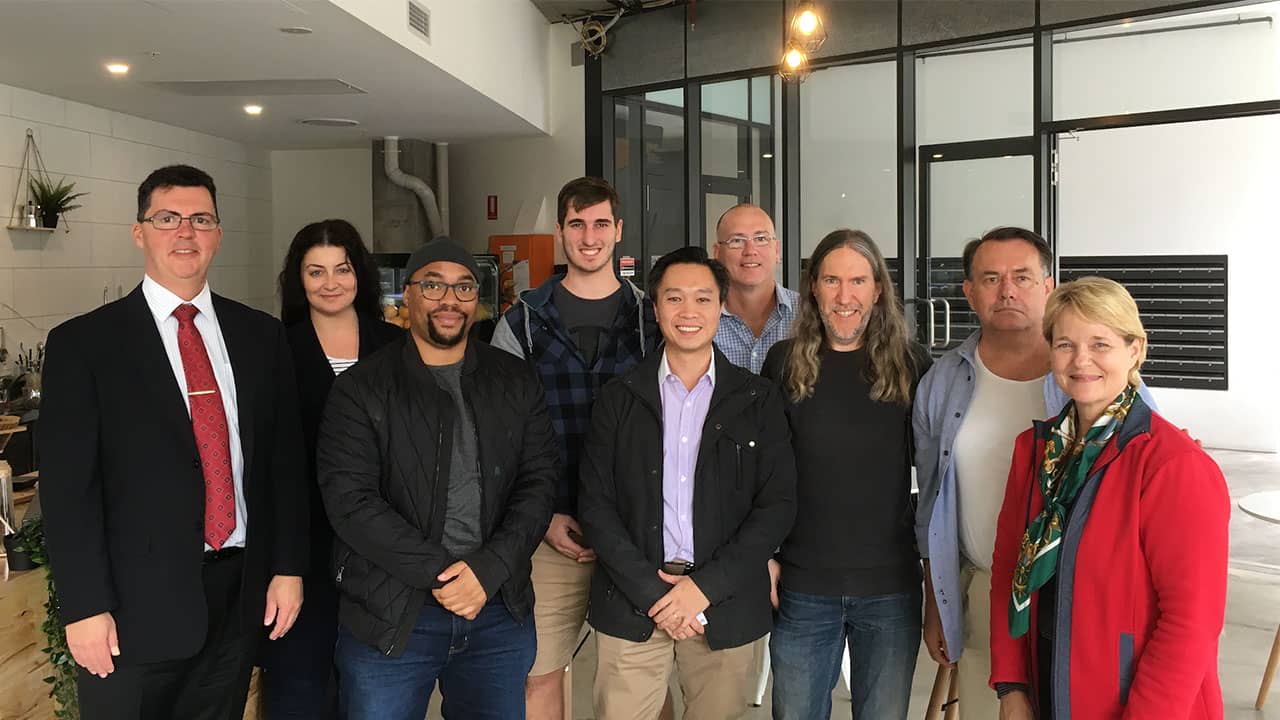Podcast: Download
Subscribe: Apple Podcasts | RSS
 Learning is a fascinating journey, but sometimes we find ourselves stuck in a rut.
Learning is a fascinating journey, but sometimes we find ourselves stuck in a rut.
When this happens, you’re lingering in what we sometimes call a learning plateau.
It’s not fun because you feel like your progress has stagnated. And the enthusiasm that once fueled your learning endeavors seems to fade away.
Don’t you worry.
With the right mindset and strategies, it’s possible to break through these plateaus and continue your educational growth.
In this episode of the Magnetic Memory Method Podcast, Tansel Ali and I delve into the psychology of learning plateaus.
We explore effective techniques to overcome them and share our personal stories of learning everything from complex ideas in philosophy to getting our hands to perform difficult music.
Along the way, we empower you to reignite your passion for learning.
Understanding the Psychology of Learning Plateaus
Learning is not merely about acquiring information.
To truly learn involves complex cognitive processes and cognitive training that impact your ability to progress.
When it comes to understanding how memory works as you learn, everything comes down to optimizing how mnemonics and other memory techniques allow us to retain and retrieve information more efficiently than something like rote learning.
What’s the one of the biggest obstacles you face?
It’s not dealing with boring topics.
Usually, it’s cognitive fatigue that makes it harder to absorb new knowledge effectively. It typically haunts you when you fail to:
- Eat food that improves memory
- Avoid food that is bad for your brain
- Consistently read books that make you smarter
- Get sleep and exercise
- Use spaced repetition effectively
- Fulfill your cognitive needs
Optimizing just that small list will help improve your ability to overcome learning plateaus.
However, if you have a fixed mindset, you will impede your own progress. This kind of thinking is characterized by the belief that intelligence and abilities are fixed traits. The good news is that intelligence is not fixed, so you can change.
All you need is a growth mindset that embraces challenges, views failures as learning opportunities, and believes in the potential for personal development. Reflective thinking helps too, especially with the next step.
Identifying Signs of a Learning Plateau
One common indication is a lack of progress or improvement despite consistent effort.
You may find yourself struggling to grasp new concepts or unable to apply knowledge effectively. Additionally, a diminished interest or enthusiasm for learning can indicate the presence of a plateau. When your passion wanes, it’s crucial to address the underlying causes and reignite your curiosity.
You could also be suffering depression, which suggests you need to see a doctor. Always seek help if you think you might have this kind of issue.
Analyzing the Causes of Learning Plateaus
Usually learning plateaus come from simple issues, however.
Often, you just haven’t challenged yourself enough. Or, you’ve taken on a challenge too big and led yourself into frustration.
In The Victorious Mind, I talk about balancing the Challenge-Frustration curve.
Working on balancing it ensures that your learning journey will never become too routine and predictable. Your mind will never disengage and you will never be hindered while learning new skills.
What else?
Unfortunately, there are many charlatans out there teaching ineffective learning strategies. They think you’re naive, so they teach you pseudoscientific strategies that can impede your progress.
I’m talking about subvocalization, incorrect approaches to skimming and scanning techniques and rubbish like photographic memory.
Those ideas can be interesting to look at if you want to read faster. But usually they just lead you into the plateaus you want to escape.
You also want to take into account factors like chaotic learning environments instead of optimized study locations. Insisting on studying in suboptimal areas can also contribute to plateaus.
Overcoming Learning Plateaus: Strategies and Techniques
There are a number of powerful accelerated learning techniques to choose from.
Let’s examine some of my favorite.
Deliberate Practice
Deliberate practice involves setting specific goals, breaking tasks into manageable chunks, seeking feedback, and making adjustments based on that feedback.
By focusing on deliberate practice, you will optimize the learning process and ensure steady progress. Joshua Waitzkin discusses how he mastered by chess and martial arts using this form of learning.
His book, The Art of Learning: An Inner Journey to Optimal Performance will help you set clear objectives, stay motivated and maintain a sense of direction.
Vary Your Learning Approaches
Monotony contributes to learning plateaus, so it’s essential to diversify what you learn and how you learn it.
Exploring different modalities, such as visual aids, audio materials, or hands-on experiences, stimulates engagement.
(Don’t worry if you have aphantasia. Some people disagree with me, but I’m convinced there’s an aphantasia cure).
When reading, I use interleaving every time. I literally switch between books normally every 15-20 minutes. It keeps my involvement high and it is a scientifically validated way to learn.
Cultivate a Growth Mindset
I cited a number of experts in my mental training post who promote working on a growth mindset. It truly is the foundation for continuous learning and personal growth.
Embracing challenges, setbacks, and failures as opportunities for learning is crucial to overcoming plateaus. By reframing failures as stepping stones toward improvement, you can adopt a resilient attitude and persevere through difficulties.
Nurturing a love for lifelong learning and understanding that abilities can be developed with effort and practice creates a positive environment for growth.
A lot of people don’t want to hear that they have to work on their “grit,” but it really is the case. If you need help, complete these mental strength exercises. Frankly, I don’t know where I’d be without them.
Become a “Metacognitive” Philosopher of Your Own Mind
Metacognition involves thinking about your thinking, reflecting on your learning process, and monitoring and adjusting your strategies accordingly.
I recommend you dive into this by spending some time learning philosophy. It’s probably the most important metacognitive practice out there.
By asking philosophical questions, you’ll be practicing metacognitive strategies. The process will make you a much more self-aware learner. Plus, you’ll read many fascinating philosophy books, and their challenges will naturally develop your ability to overcome plateaus.
Seeking Support and Accountability
You don’t have to deal with your learning plateaus alone. You can seek support and get accountability from others.
Your many choices include:
- Engaging in peer learning
- Collaborating on projects
- Hiring a performance coach
- Taking a course
- Discussing on forums
- Starting a group of your own and fulfilling the expectations of your members
Celebrating Progress and Milestones
Recognizing your achievements and providing yourself with rewards along the way is essential for maintaining progress. Celebrate each milestone, no matter how small. Every step signifies progress and growth.
Just be sure to choose your rewards well. Junk food will probably set you back and ruin the effort and dedication you’ve put into your learning journey.
Positive reinforcement with rewards that fuel your interests boosts confidence and propels you forward.
Can You Leave Your Learning Plateaus Behind Forever?
Ultimately, no.
Learning plateaus are a natural part of the learning process.
But as we’ve seen, they don’t have to hinder your progress indefinitely.
By understanding the psychology behind plateaus, identifying the signs, and implementing effective strategies, you can overcome these obstacles and continue your educational growth, just like Tansel and I have done.
If you want to know more about Tansel and his work, check out his homepage, his YouTube, LinkedIn and Twitter.
And if you need more help embracing your challenges, fostering a growth mindset, and practicing deliberate, varied, and metacognitive learning techniques, get my free course now:
Remember:
It is possible to stay consistent. There’s no shame in seeking support, and celebrating your achievements along the way.
Learning is a lifelong adventure, and plateaus always present opportunities to soar to new heights.
Related Posts
- Stoic Secrets For Using Memory Techniques With Language Learning
Christopher Huff shares his Stoic secrets for using memory techniques when learning a language. You'll…
- The German Professor Who Defends Memory Techniques for Language Learning
This professor defends memorization techniques for learning foreign languages and has the science to prove…
- The Memory Journal For Competition and Developing Mnemonic Systems For Learning With Johannes Mallow
Johannes Mallow shares details on how he used a Memory Journal to massively improve his…








